The Indian Conference on Computer Vision, Graphics and Image Processing (ICVGIP) is India’s premier conference in Computer Vision, Graphics, Image Processing, and related fields. Since its inception in 1998, ICVGIP served as a biennial international conference until 2021, providing a platform for presenting technological advancements and research findings in these domains. With the significant growth in the community, the conference transitioned to an annual event starting in 2022.
ICVGIP 2025, the 16th conference in this distinguished series, will be organized by IIT Mandi in association with the Indian Unit for Pattern Recognition and Artificial Intelligence (IUPRAI), an affiliate of the International Association for Pattern Recognition (IAPR). ICVGIP continues its mission of fostering a vibrant community of researchers and enthusiasts in computer vision, graphics, and image processing, both in India and globally. Each annual conference strives to uphold this commitment, and ICVGIP 2025 promises to carry forward this tradition.
Nestled in the serene landscapes of Himachal Pradesh, ICVGIP 2025 invites you to engage in cutting-edge research while surrounded by natural beauty that inspires brainstorming, meaningful exchanges, and fruitful collaborations.
The Indian Conference on Computer Vision, Graphics and Image Processing (ICVGIP) stands as India’s foremost conference in the areas of Computer Vision, Graphics, Image Processing, and allied fields. Established in 1998, it was held biennially until 2021, serving as a premier international platform for presenting technological innovations and research breakthroughs. The 16th edition, ICVGIP 2025, will be hosted by IIT Mandi, in collaboration with the Indian Unit for Pattern Recognition and Artificial Intelligence (IUPRAI), an affiliate of the International Association for Pattern Recognition (IAPR). Recognizing the rapid growth of the community, ICVGIP has been held annually since 2022. The conference is committed to nurturing and strengthening the community of researchers and practitioners in computer vision, graphics, and image processing both within India and globally. We endeavor to uphold this commitment at every edition of the conference.
We invite high-quality, original and unpublished papers in the broad areas of computer vision, graphics, and image processing including, but not limited to:
The Microsoft CMT service is used for managing the peer-reviewing process for this conference. This service was provided for free by Microsoft and they bore all expenses, including costs for Azure cloud services as well as for software development and support.
The review process will be double-blind.
| Category | Early Registration | Late Registration |
|---|---|---|
| Students | INR 4,400 + 18% GST | INR 5,400 + 18% GST |
| Faculty / Researcher | INR 7,700 + 18% GST | INR 8,700 + 18% GST |
| Industry | INR 13,200 + 18% GST | INR 14,200 + 18% GST |
| Category | Early Registration | Late Registration |
|---|---|---|
| Students | USD 220 + 18% GST | USD 270 + 18% GST |
| Faculty / Researcher | USD 330 + 18% GST | USD 380 + 18% GST |
PaperID.pdf before uploading.The Indian Conference on Computer Vision, Graphics, and Image Processing (ICVGIP) stands as India's premier forum for these dynamic fields. Since its inception in 1998, ICVGIP has been a crucial platform for showcasing cutting-edge technological advancements and pivotal research findings. The upcoming 16th ICVGIP 2025 is proudly hosted by IIT Mandi in collaboration with the Indian Unit for Pattern Recognition and Artificial Intelligence (IUPRAI), an affiliate of the esteemed International Association for Pattern Recognition (IAPR). Renowned for nurturing a vibrant community of researchers and enthusiasts both domestically and internationally, ICVGIP transitioned to an annual cadence in 2022, a testament to the significant expansion of this community. ICVGIP 2025 continues to embody our unwavering commitment to the evolving landscapes of computer vision, graphics, and image processing. The conference offers a dynamic environment for academics and industry experts to converge, exchange insights, and explore the latest innovations shaping these domains.
ICVGIP has consistently cultivated strong industry relationships and actively encourages engagement from diverse sectors. The conference presents multifaceted opportunities for industry participation, spanning the technical program, specialized research symposiums, and exhibitions. By engaging with ICVGIP as a sponsor, organizations not only gain significant visibility but also acquire the chance to influence the trajectory of these rapidly progressing fields. We earnestly encourage companies and R&D laboratories to present their groundbreaking work and actively connect with the community at ICVGIP. This engagement is not only invaluable for fostering networking and knowledge dissemination but also pivotal in molding the future directions of computer vision, graphics, and image processing. We offer a spectrum of sponsorship tiers, detailed below, each accompanied by a corresponding allocation of complimentary registrations as outlined below:
Sponsorship cost
INR 10 Lakh
Sponsorship cost
INR 5 Lakh
Sponsorship cost
INR 3 Lakh
Sponsorship cost
INR 1 Lakh
Sponsorship cost
INR 50 Thousand
Sponsorship cost
Contact Sponsors
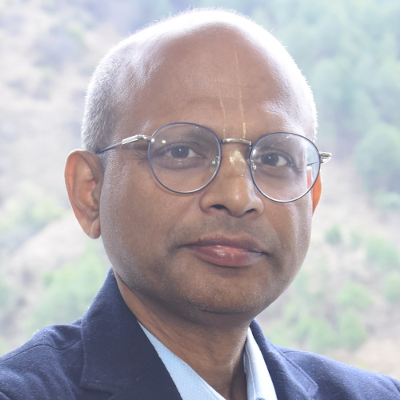
IIT Mandi
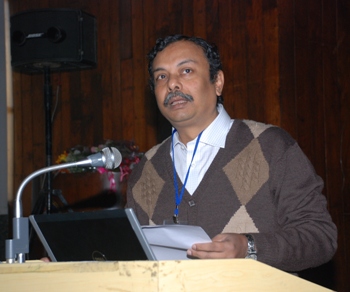
IIT Delhi
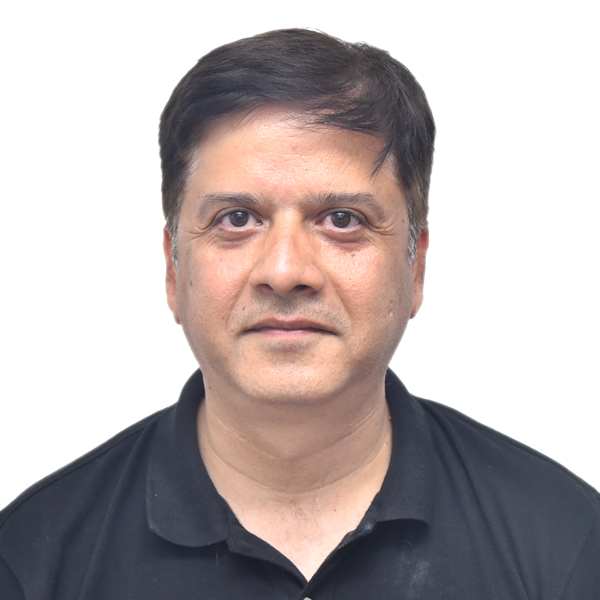
IIT Delhi
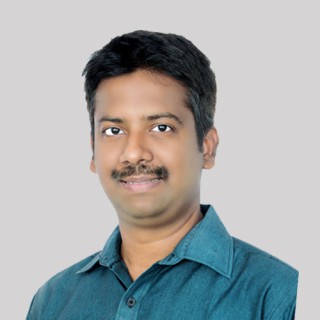
IIIT Bangalore
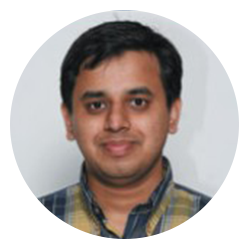
IIIT Hyderabad
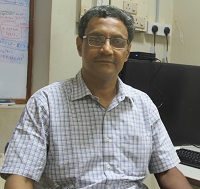
IIT Madras
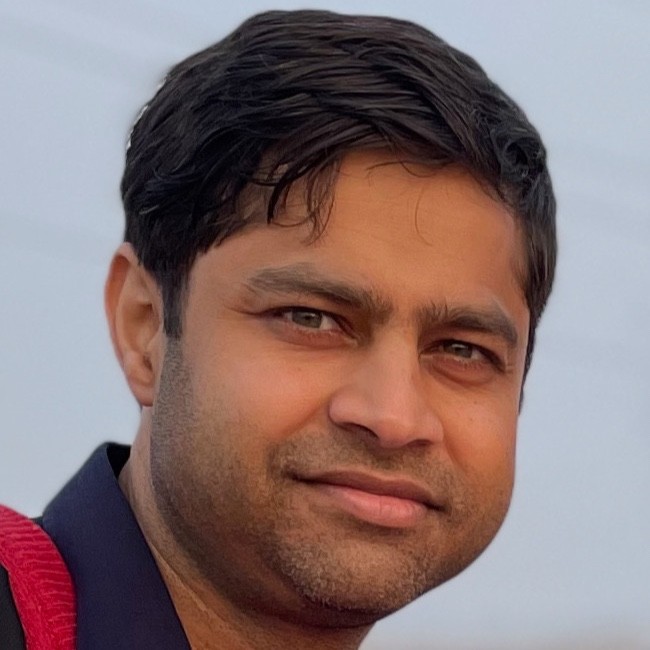
IIT Mandi
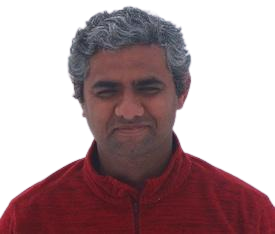
IIT Mandi
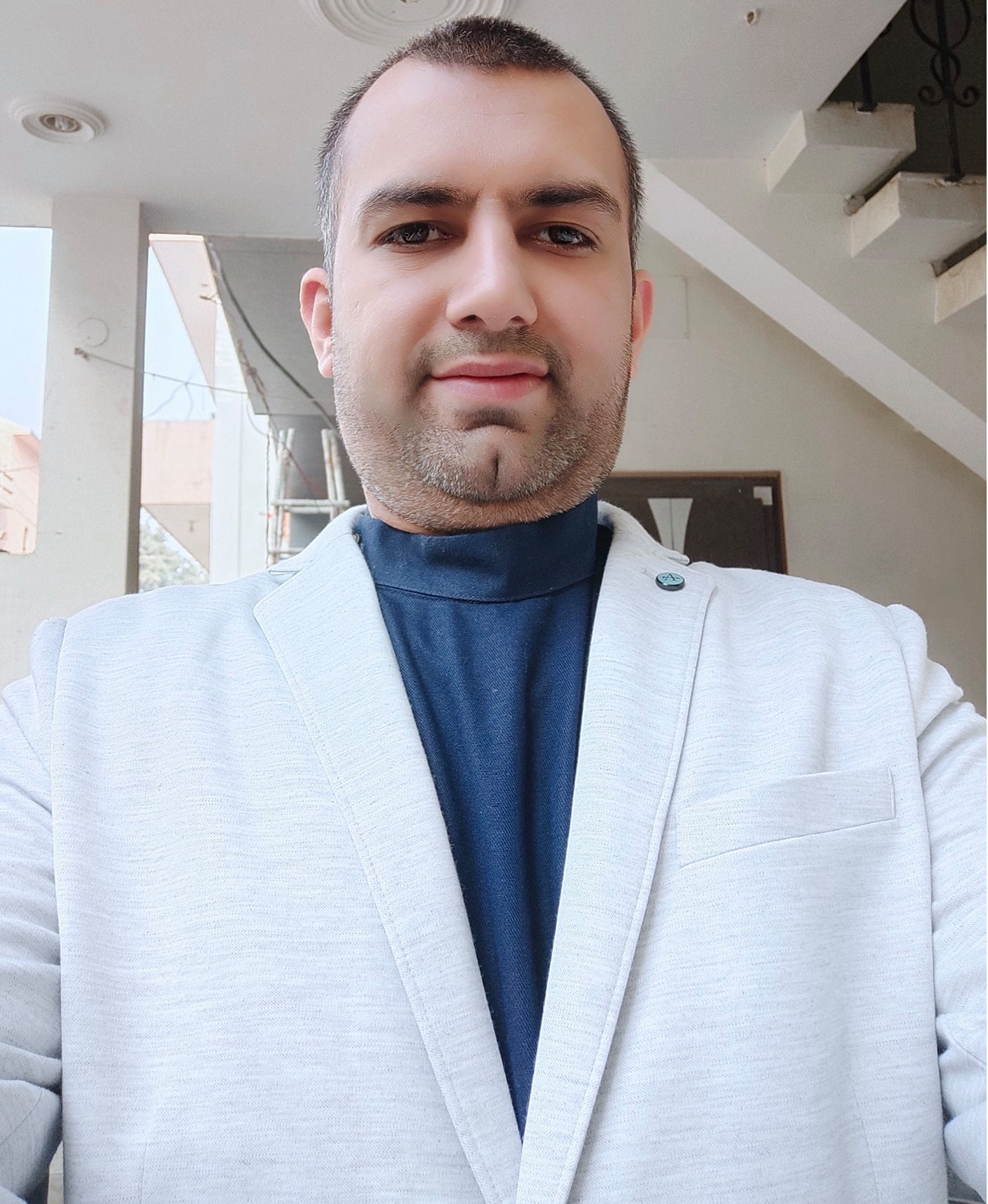
IIT Mandi
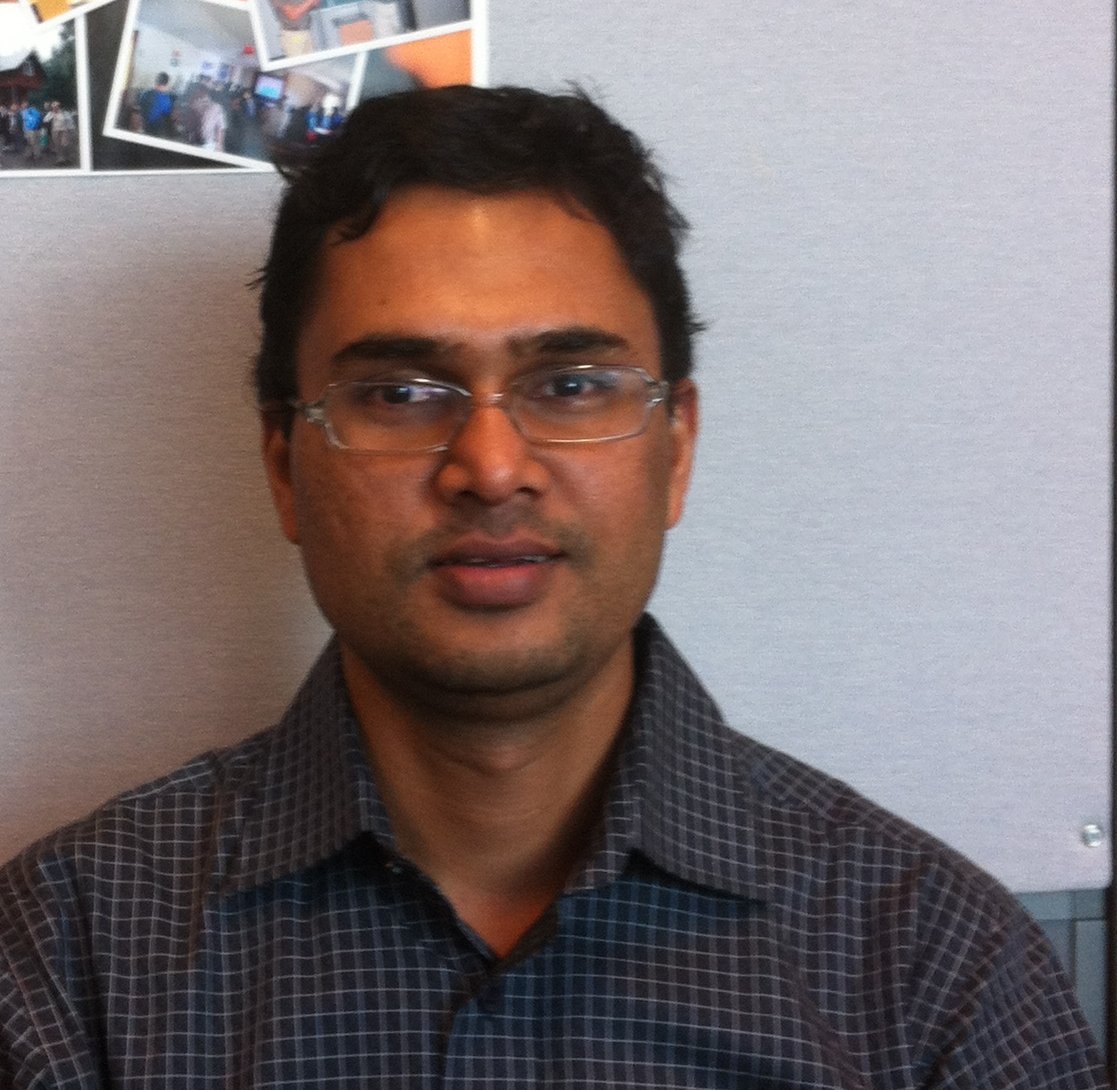
IIT Mandi
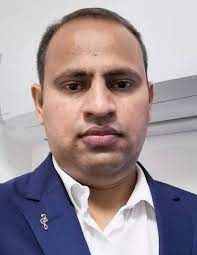
IIT Mandi
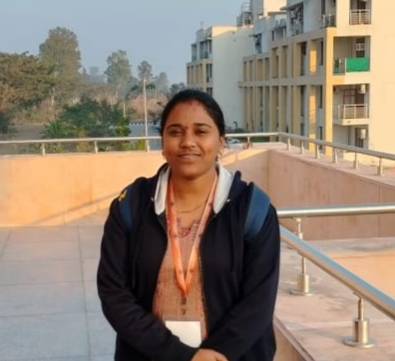
IIT Mandi

IIT Mandi
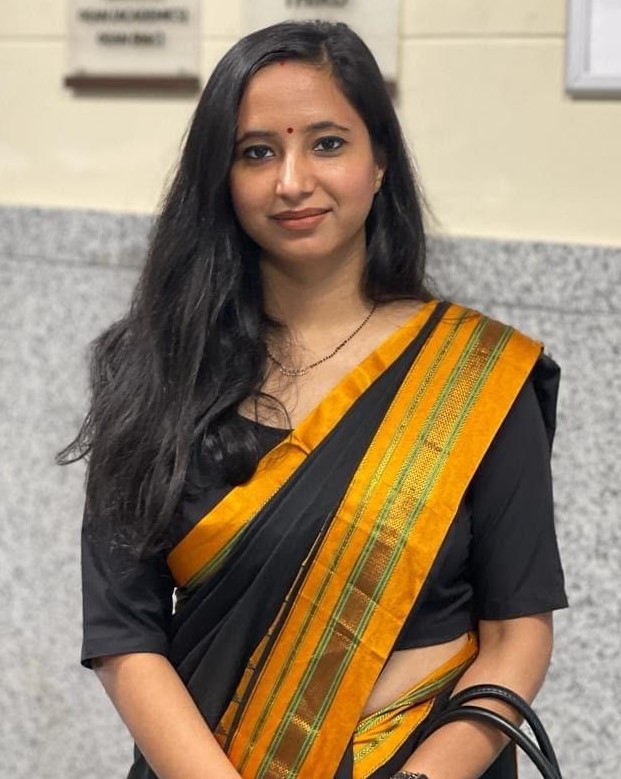
IIT Mandi
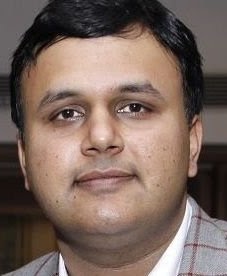
IIT Ropar
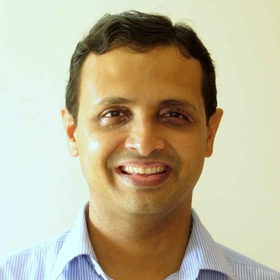
IIT Hyderabad

IIT Kharagpur
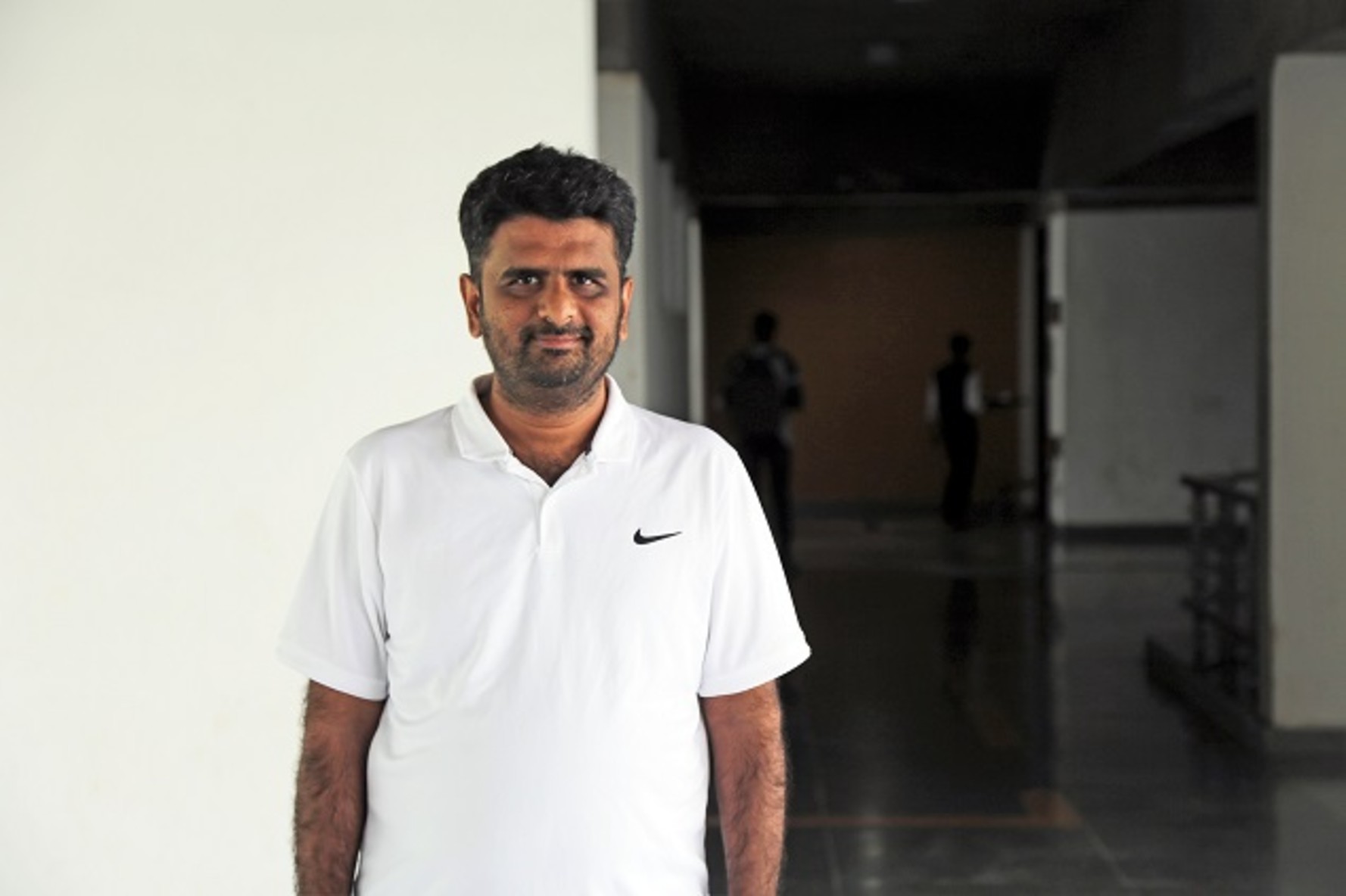
IIT Gandhinagar
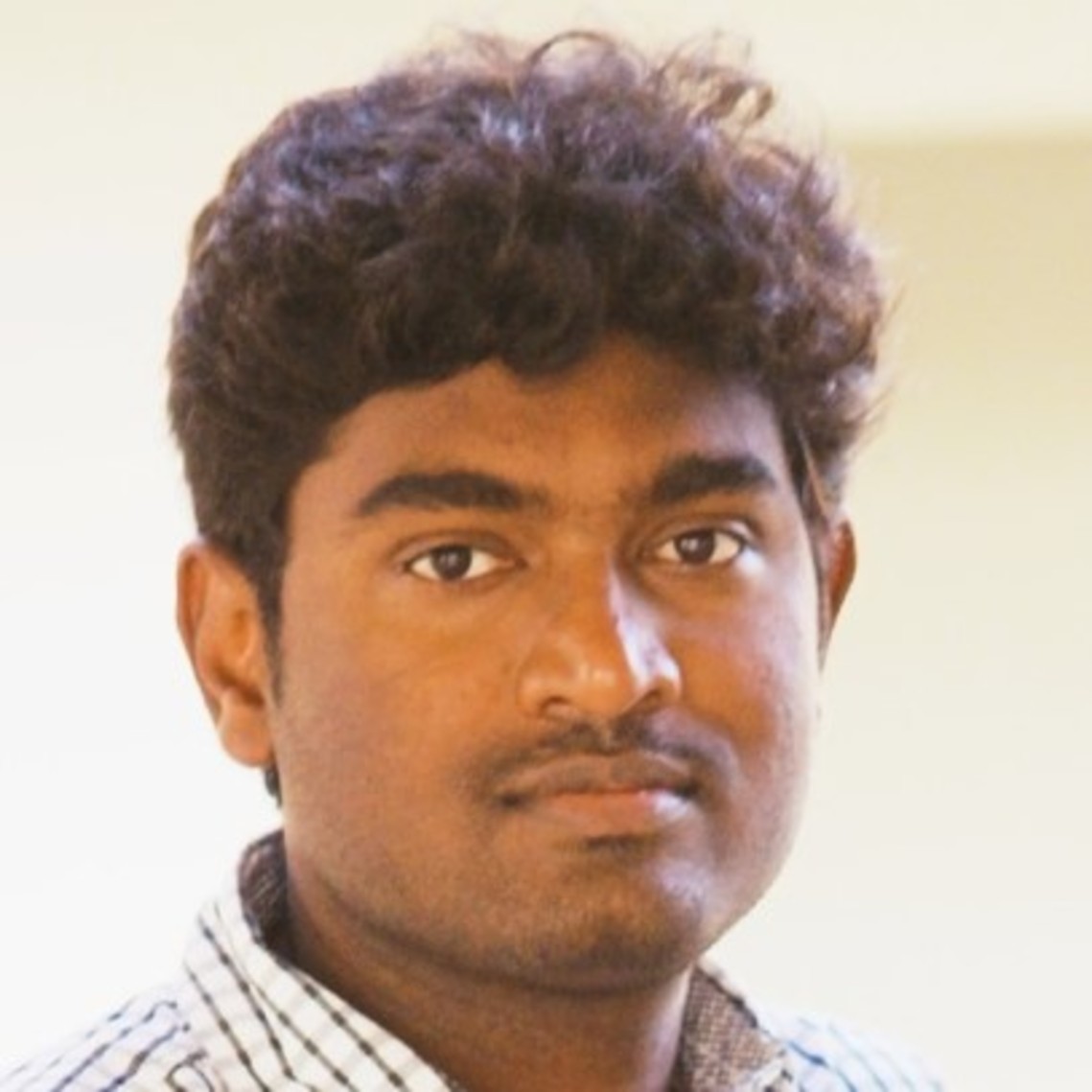
IIT Hyderabad
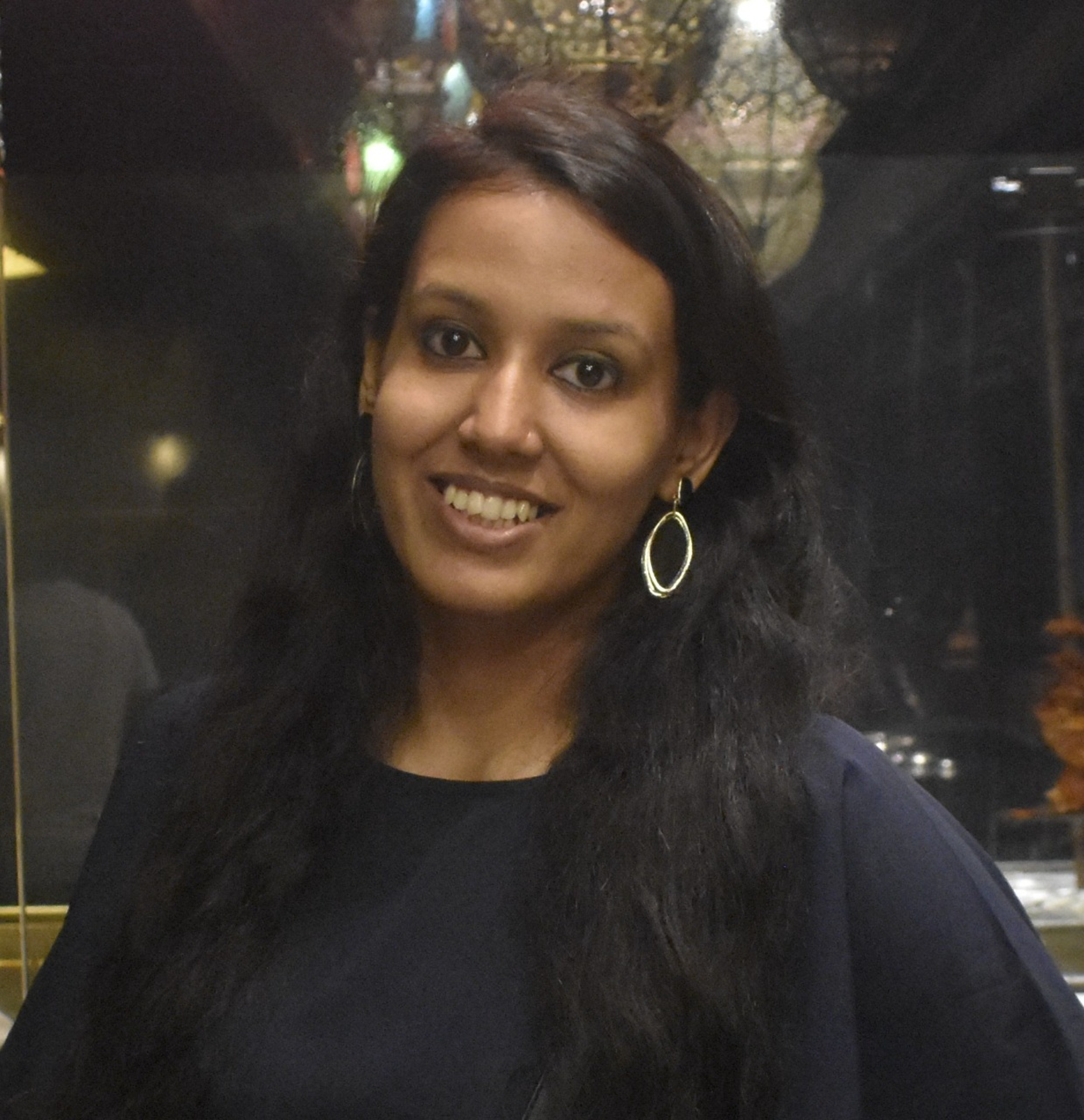
IIIT Hyderabad
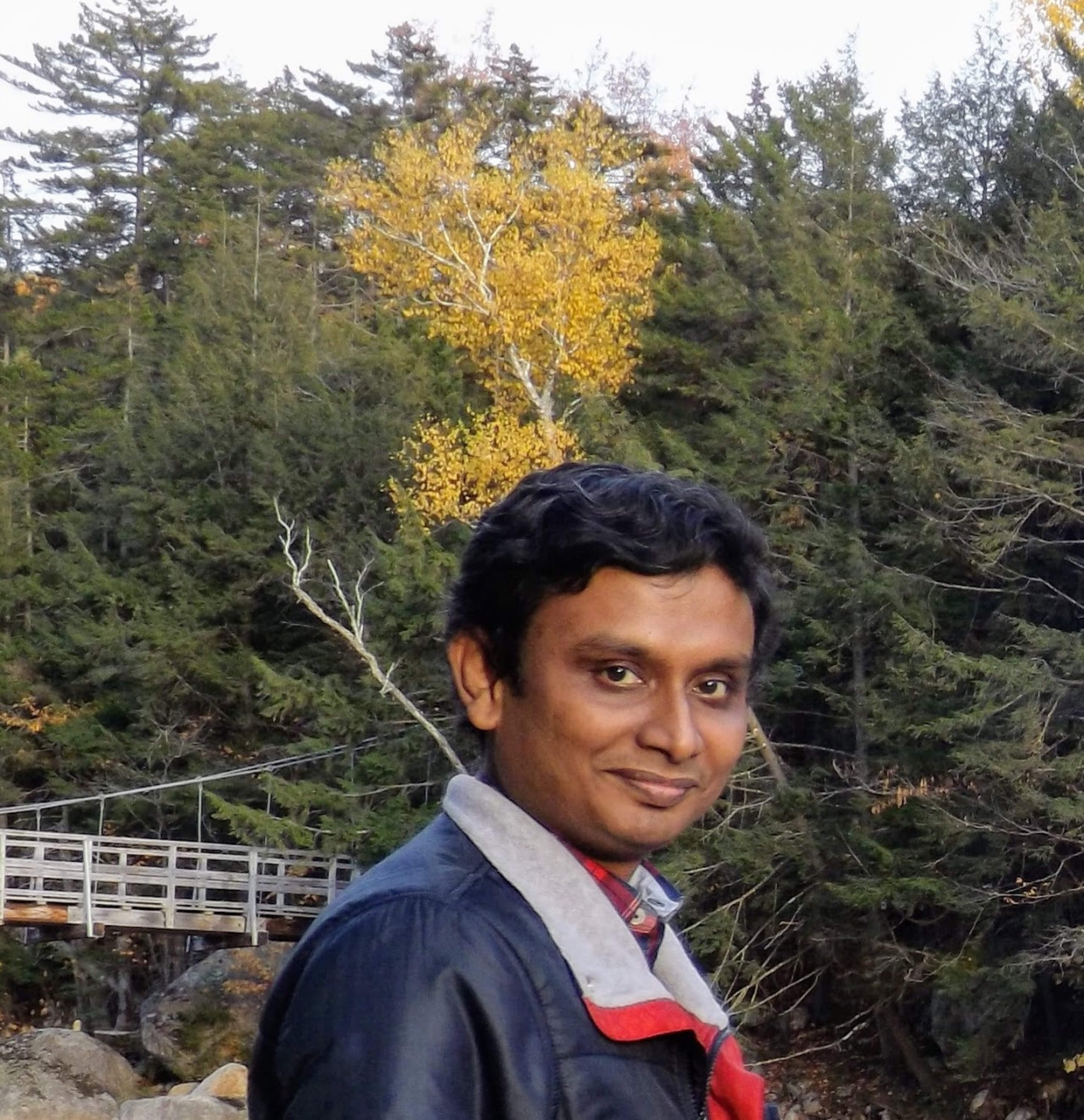
IIT Jodhpur
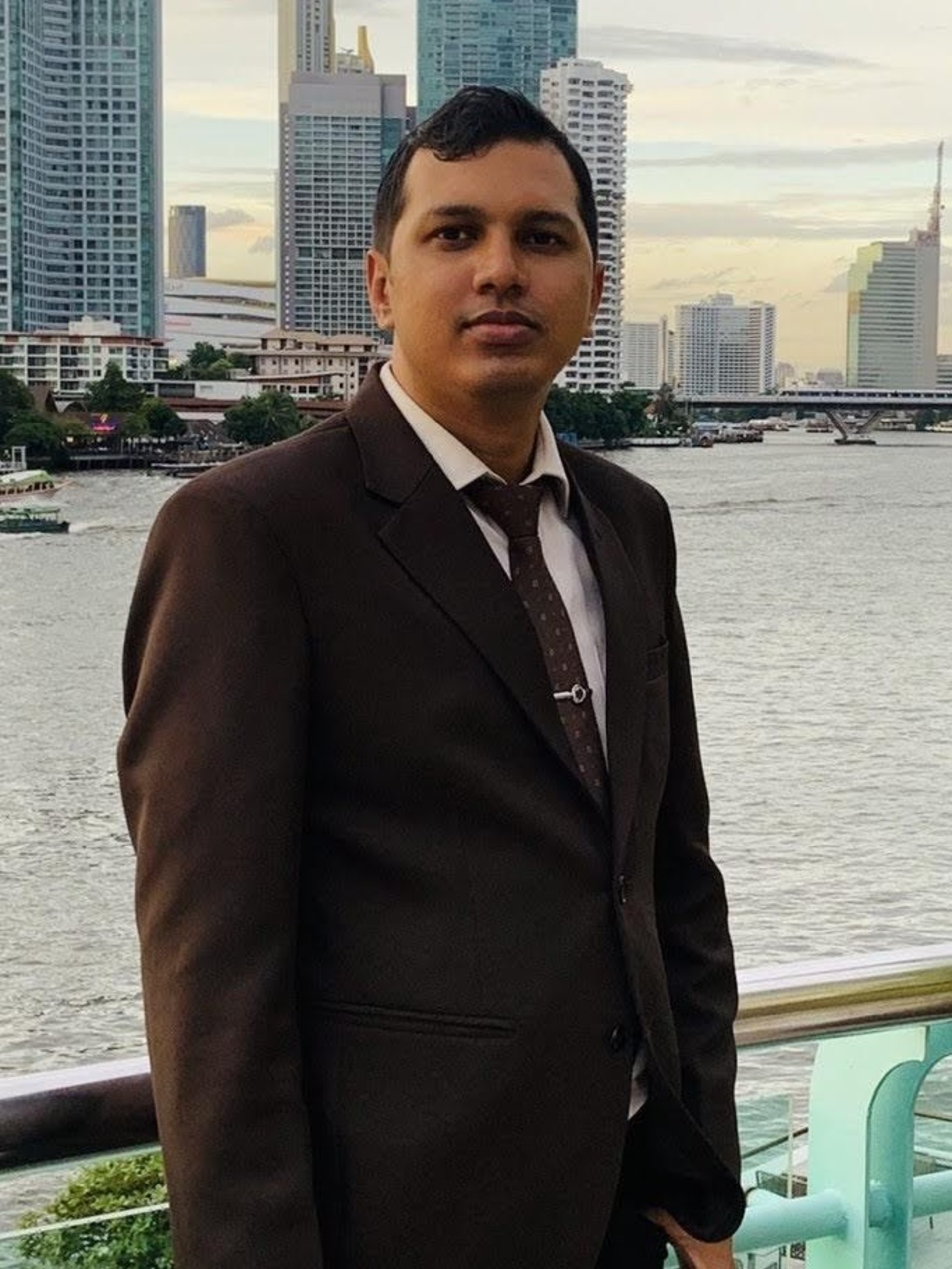
IIT Kharagpur

IIT BHU
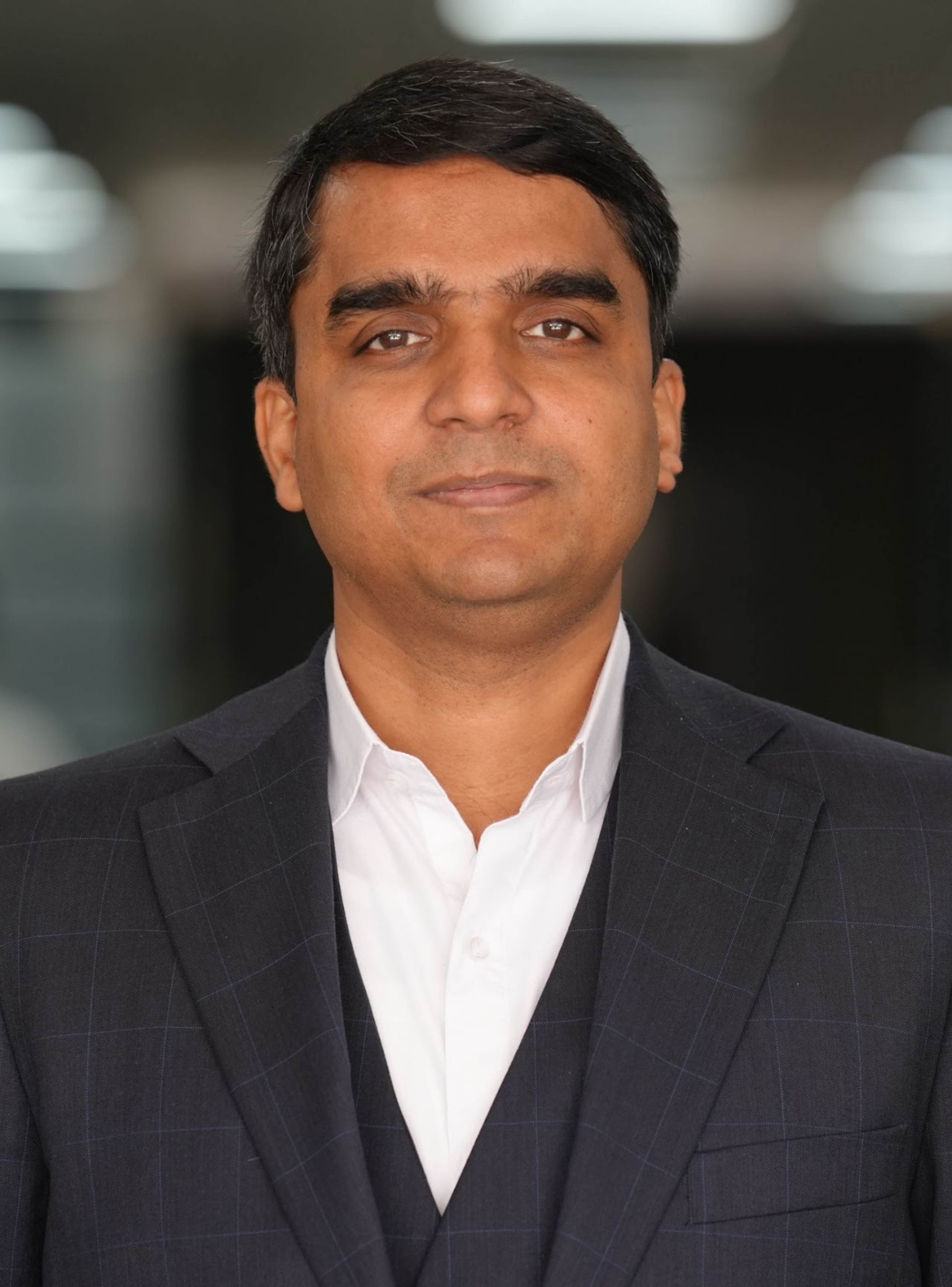
IIT Ropar
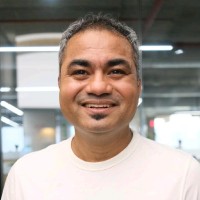
Walmart Global Tech
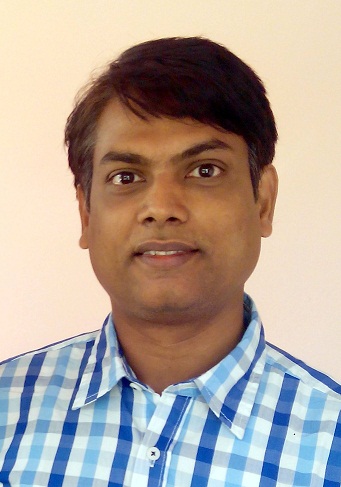
IISc Bangalore
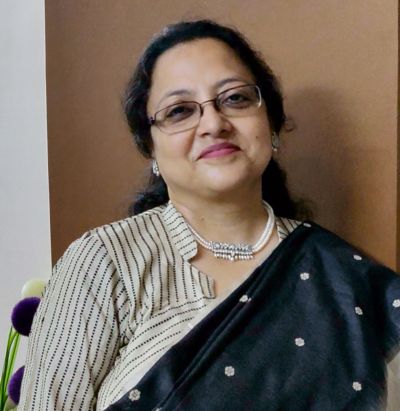
Ashoka University
The conference will be held at IIT Mandi's North campus in Kamand, Mandi District, Himachal Pradesh, India. Please read about the geography of this location here. The location is very close to a number of very popular tourist attractions.
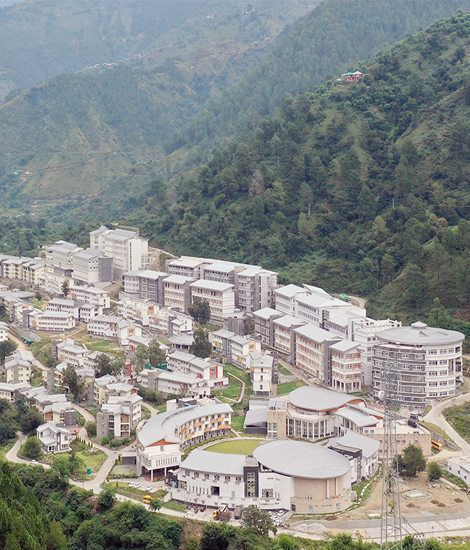
IIT Mandi is surrounded by several scenic and culturally rich tourist spots, perfect for exploration.
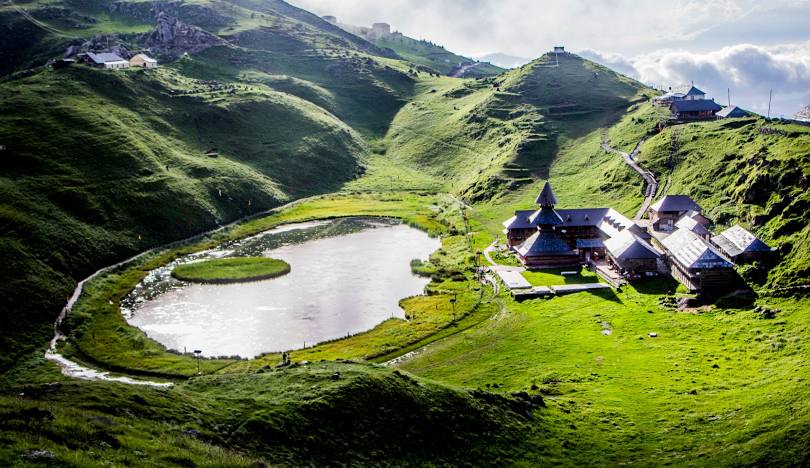
A serene lake with views of the Dhauladhar range, located 32 km from IIT Mandi. Perfect for a peaceful retreat in nature.

A religiously significant and scenic lake located 45 km from IIT Mandi, popular with both tourists and pilgrims.
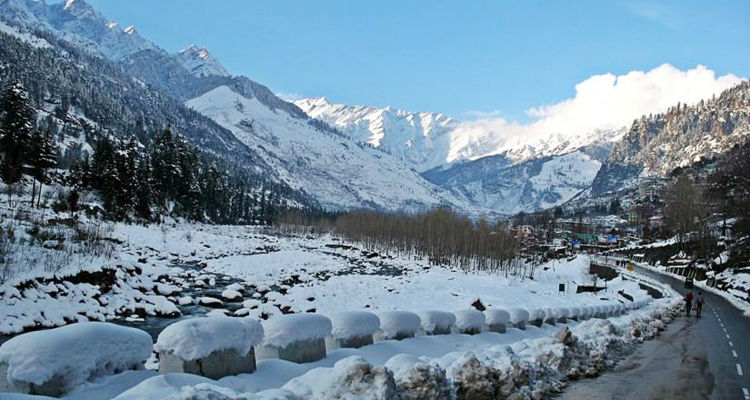
Famous hill stations known for adventure, natural beauty, and vibrant culture, located around 55-95 km from IIT Mandi.
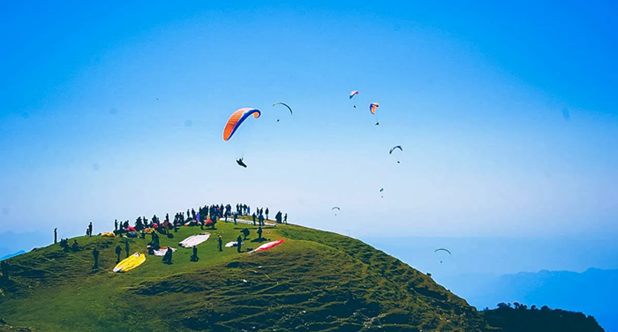
Renowned for paragliding and Tibetan monasteries, located 75 km from IIT Mandi.
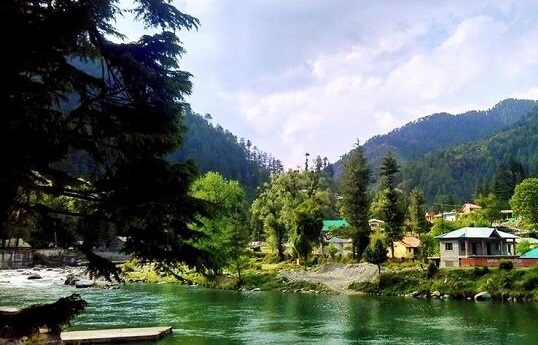
A tranquil valley with lush green landscapes, located around 70 km from IIT Mandi.
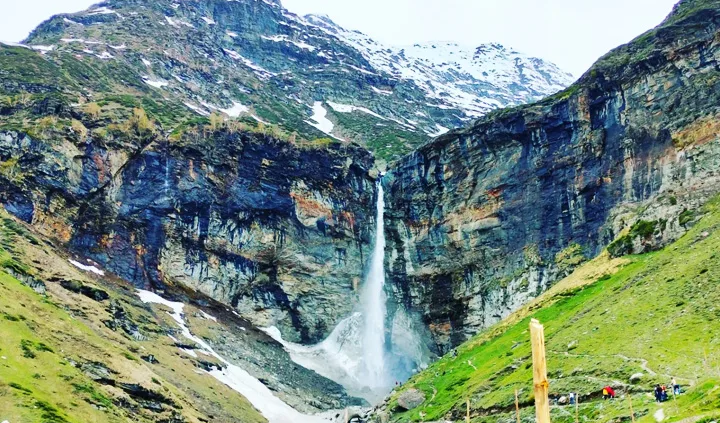
A breathtaking waterfall in the Lahaul region, located about 40 km from Manali.
IIT Mandi North Campus
Parashar Road, Tehsil Sadar, Near Kataula, Kamand, Himachal Pradesh 175005